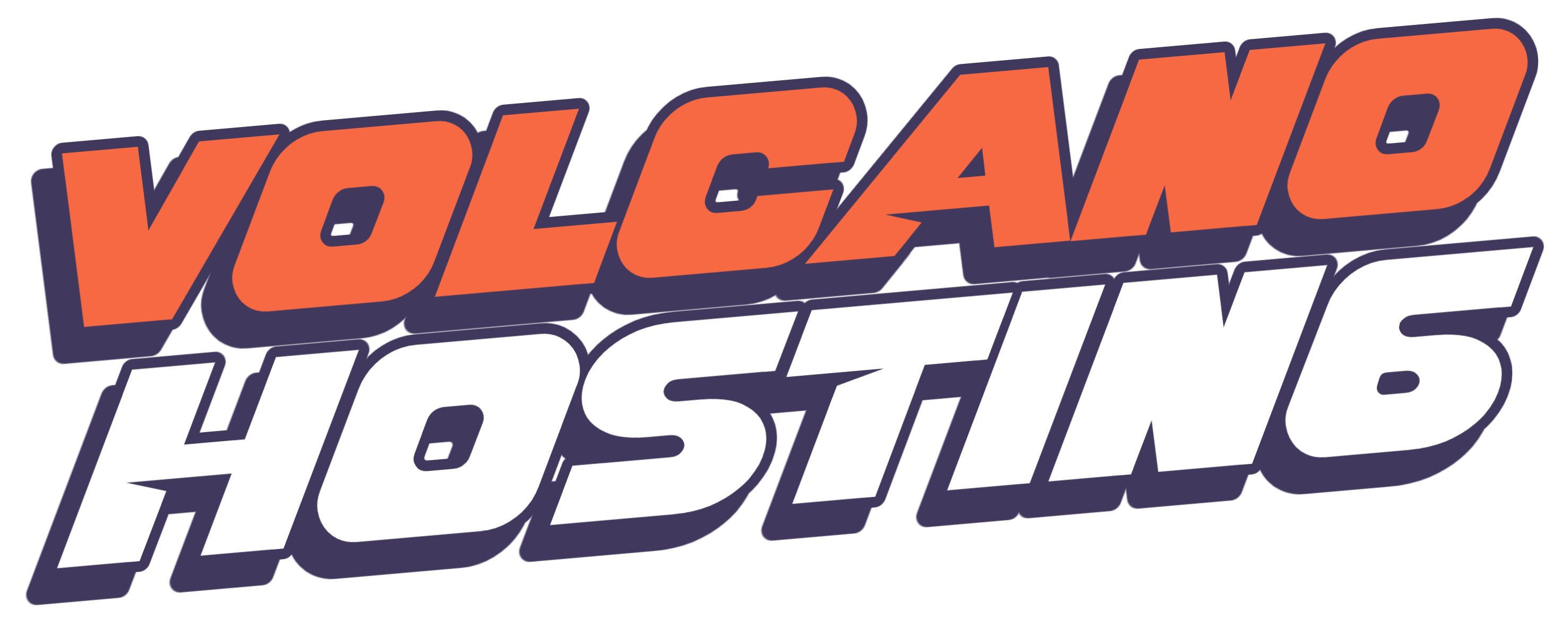Web hosting allows you to make your website’s content available online. Hosting plans are a way to rent space on a server that can store all your files and data.
Hosting technology and resources are provided by web hosts to ensure that your website is secure and effective. They ensure that the server is up and running, implement security measures and ensure that visitors have access to data like text, photos and other files.
This article will explain what web hosting is and how it works. It also explains the differences between different types of web hosting.
Web hosting allows you to publish your website and web applications online. You basically rent space on a server to store all files necessary for your website.
What is Web Hosting?
Your server hosts your website. It is a physical computer which runs continuously to keep the site accessible for all visitors. You can store all data on your website on the servers you have purchased from your web hosting provider
When a user enters your domain’s name in their browser’s address field, the web host’s servers will transfer all files required to load your website.
A website can be hosted by you, but this requires technical knowledge. Self-hosting involves setting up and configuring web servers from scratch. This includes hardware, software, and infrastructure. You will also need to manage all of the ongoing maintenance.
Web hosting service providers ensure that your website runs optimally and is protected with the best security protocols. It simplifies many of the complicated aspects of hosting a site, including software installation and technical support.
Types of web hosting services
It can be difficult to choose the right web hosting option for your website.
Many web hosts offer different hosting plans for different customers, from personal bloggers to business website owners.
You should always start with the most basic hosting plan. You can upgrade to more advanced plans as your site grows in traffic. To get an idea of the various hosting types and their costs, please visit VolcanoHosting Prices.
Let’s look at the most popular.
Hosting shared
Shared Hosting lets multiple users use the same server resources including memory, processing power, and storage space.
Shared web hosting is a great solution for small businesses or personal websites that don’t require complex configurations or high bandwidth. Shared hosting is a great choice for beginners who need affordable hosting to get started.
Pros
- Small-scale websites will love this cost-effective solution
- It is not necessary to have technical expertise
- Server options pre-configured
- There is no need to worry about server administration and maintenance
Cons
- Server configurations require minimal access
- Your website may be slower if you have more visitors from other sites.
VPS We Hosting
This web hosting type allows you to share a server with other users. However, the web host creates virtual partitions for each user. A site that is hosted on a virtual private servers gets an allocation of resources.
VPS web Hosting is an excellent option for medium-sized websites, eCommerce shops and large blogs that have a growing number of visitors.
Pros
- Server space dedicated
- Your site’s performance is not affected by increased traffic from other sites.
- Root access to the server
- High customizability
Cons
- To manage it, users need to have technical knowledge
- Although it is relatively inexpensive, some users might need to hire a developer in order to manage the virtual servers, which can increase the overall cost.
Cloud Hosting
This web hosting solution makes use of multiple virtual servers to host websites. If one server experiences excessive traffic or has a problem, the other servers will take over and keep the website running.
Cloud hosting is a service that relies on a group of web servers to work. This means that businesses with many websites, large-scale sites, and eCommerce shops, can reap the benefits of it.
Pros
- Hardware failures and downtime are less likely
- Load balancing is used to manage high traffic and prevent DDoS attacks
- Scalability – Your website does not have to be limited by the resources of one server
Cons
- Root access is not always available
- It’s more expensive than shared hosting and VPS.
WordPress Hosting
This CMS web-hosting service offers a WordPress-optimized server environment that will help your site load faster and reduce potential problems. Other types of web hosting are still available for websites that use content management software (CMS).
The best WordPress hosting plans typically include pre-installed themes and plugins for core functions such as security and caching.
Pros
- Easy to use and affordable for beginners
- WordPress sites optimized for performance
- Support team for WordPress issues trained
- Pre-installed WordPress themes and plugins
Cons
- This is not the best type of web hosting to use for non-WordPress sites
Hosting dedicated to your needs
Dedicated hosting is a dedicated server that hosts each website. Dedicated hosting allows you to configure the server and choose the operating system and software that you prefer, as well as customize the whole hosting environment.
A dedicated server can be as powerful as an on-site server but you also get professional support from your web host. Dedicated hosting is the best option for large online businesses dealing with high traffic.
Pros
- You have complete control over the configuration of your server
- High reliability
- Root access to the server
Cons
- Larger businesses are more likely to be able to afford high-end services.
- It is necessary to have technical and server management skills

